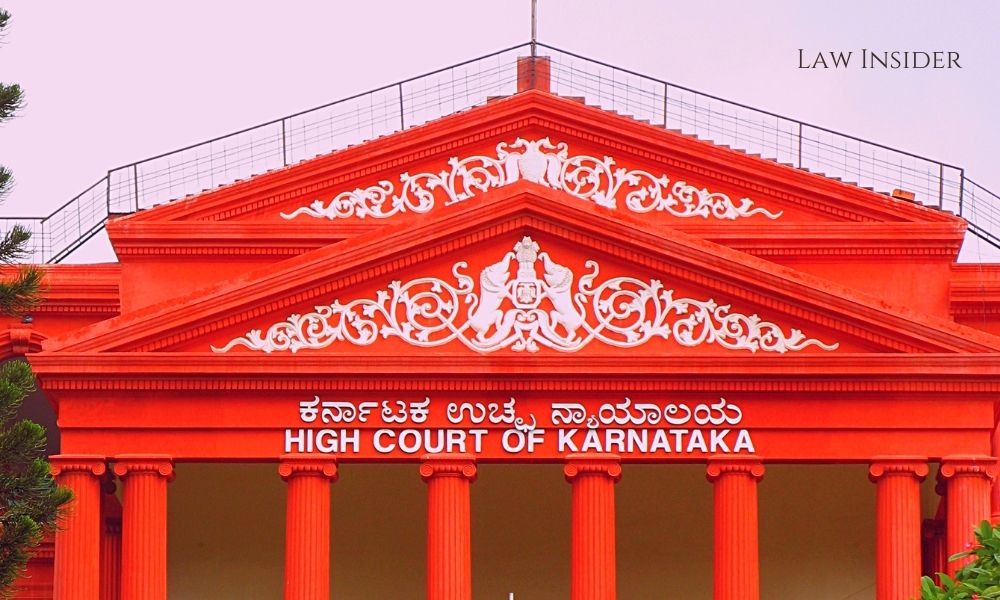LI Network
Published on: 11 August 2023 at 11:48 IST
The Karnataka High Court has ruled that the non-disclosure or concealment of assets by a candidate, their spouse, or dependents constitutes a corrupt practice.
This decision could result in the disqualification of the candidate from participating in a panchayat election under the Karnataka Gram Swaraj and Panchayat Raj Act.
The Court emphasized that such suppression alone is enough to trigger disqualification, without needing to demonstrate that the suppression adversely affected another candidate’s election prospects.
Justice Suraj Govindaraj’s bench made these observations while addressing a challenge to an October 2022 trial court verdict that nullified the election of candidate Abida Begum to a gram panchayat.
The challenge was lodged by Mohammed Ismail, who contended that Abida Begum had not disclosed her and her husband’s assets, which constituted a corrupt practice under Section 19(1)(b) of the Panchayat Raj Act.
Abida Begum subsequently contested Ismail’s election petition before the High Court, challenging the trial court’s order.
The Court, citing various Supreme Court judgments, underlined the significance of maintaining the integrity of elections across all levels, including Union Parliament, State Legislature, Municipal Corporations, and Panchayats.
Therefore, the Court emphasized that the candidate, their spouse, and other dependents must disclose their assets.
“Not only suggesting false information regarding assets (suggestio falsi) but also suppressing details about assets (suppressio veri) falls under Section 19 of the Panchayat Raj Act.
This means that both suggestio falsi and suppressio veri concerning the assets of the candidate, their spouse, and dependents fall within the purview of Section 19(1)(b) of the Panchayat Raj Act,” the Court further noted.
In this instance, the Court held that it was the petitioner’s responsibility to disclose her assets, her husband’s assets, and those of other dependents.
Failing to do so would constitute undue influence and a corrupt practice, the Court asserted.
However, the Court allowed Abida Begum’s writ petition due to Ismail’s failure to include all the candidates who participated in the elections as parties in the election case proceedings.
The High Court concurred with Begum’s argument that under Section 15(2)(a) of the Karnataka Gram Swaraj and Panchayat Raj Act, 1993, all contestants should have been made parties to the case if Ismail sought a declaration as the successful candidate.
Consequently, the High Court opined that the trial court should have dismissed the election petition upfront since all the contesting candidates were not involved in the case.
Nevertheless, the Court acknowledged that such cases pose practical challenges. With multiple candidates in contention, it would be challenging, if not impossible, to ascertain the successful candidate in cases where over two candidates are involved.
“Even if there are three candidates, the matter could be difficult inasmuch as it cannot be ascertained as to in whose favour the votes polled by the returning candidate would have to be apportioned,” the judge highlighted.
To address this issue, Justice Govindraj has requested the Law Commission of India to examine this aspect after receiving a copy of his order.
Advocate VK Nayak represented Abida Begum, while Advocates Shravan Kumar Math represented Mohd Ismail, and High Court Government Pleader Maya TR appeared for the relevant election authorities.

